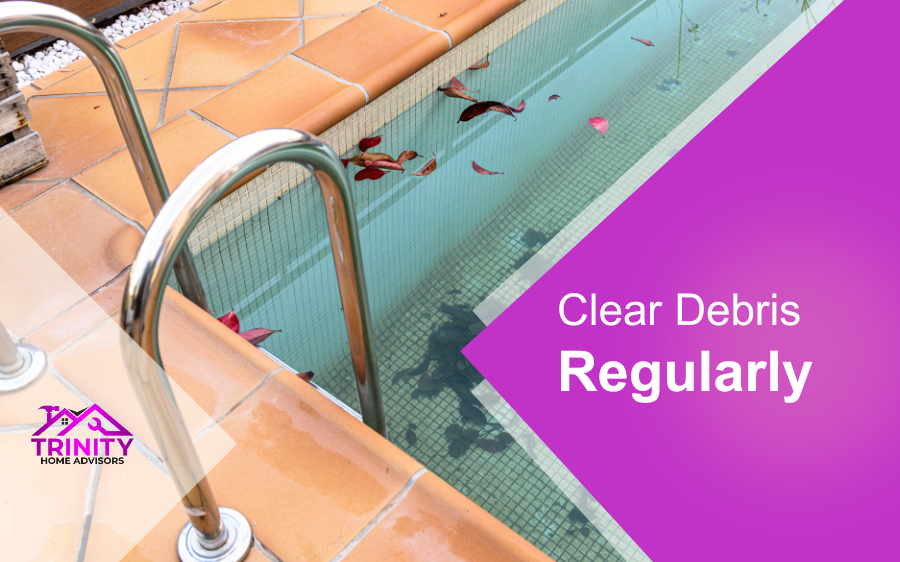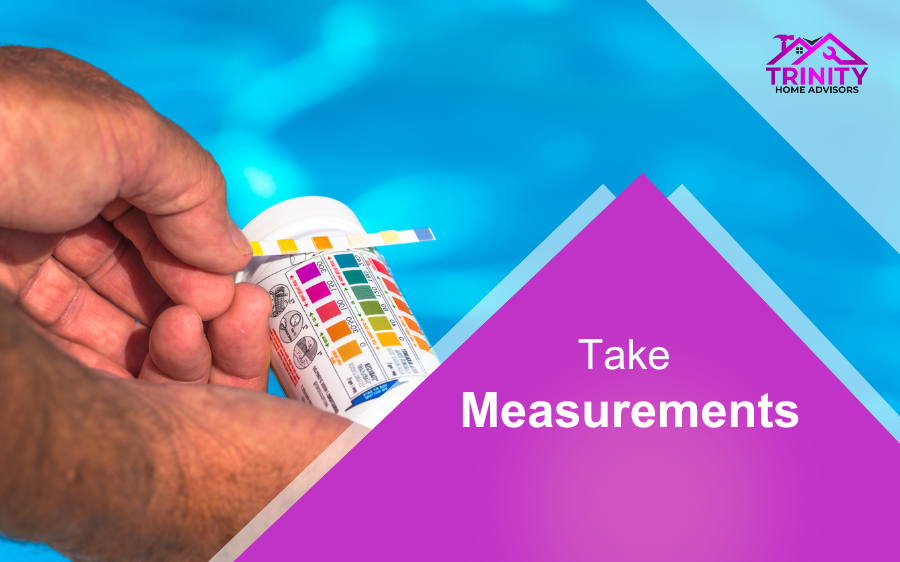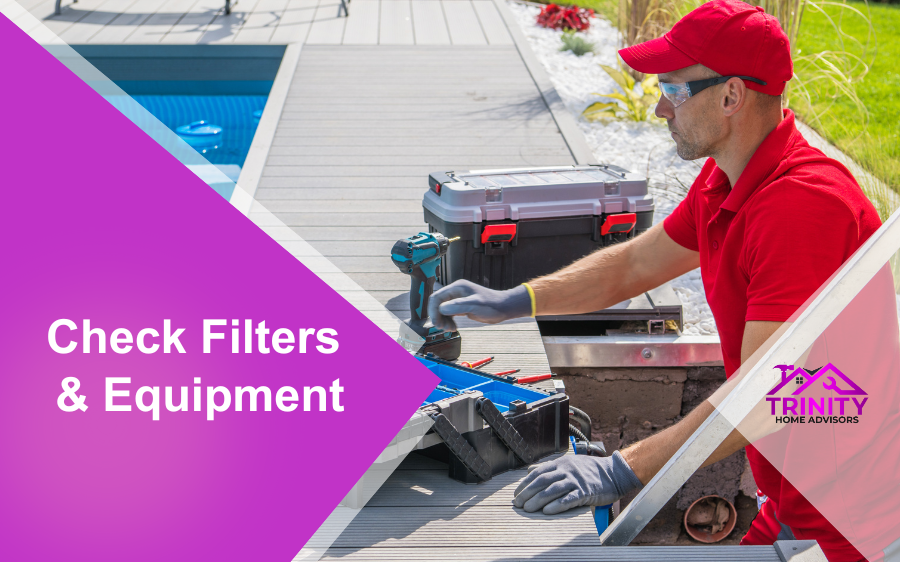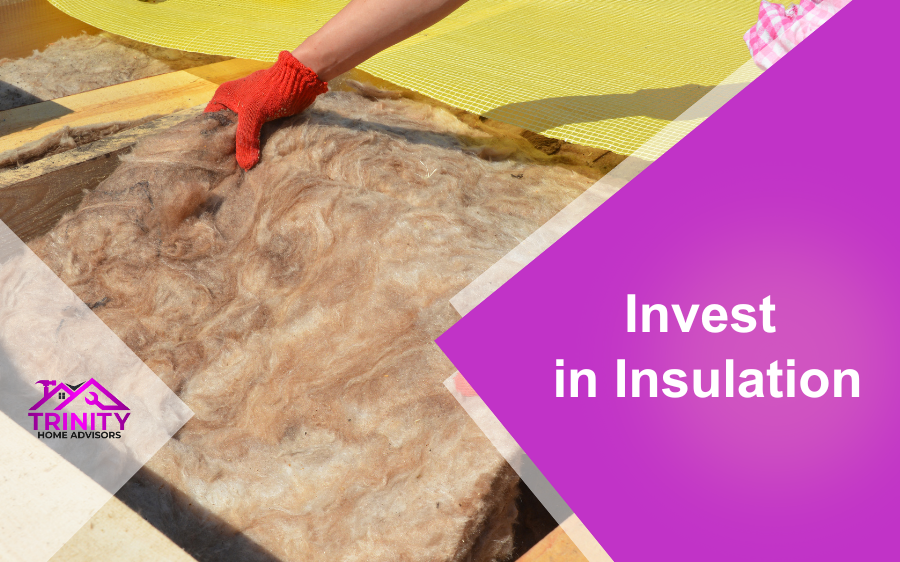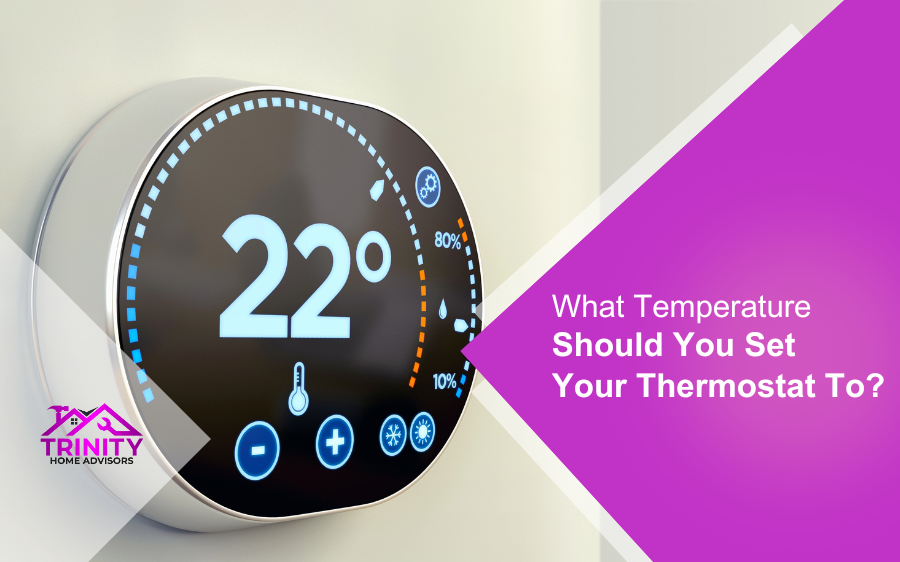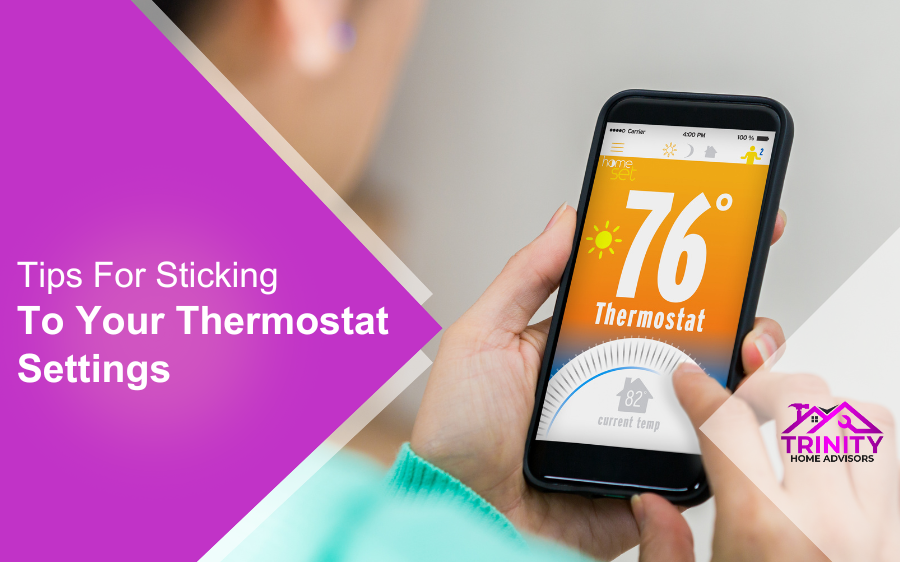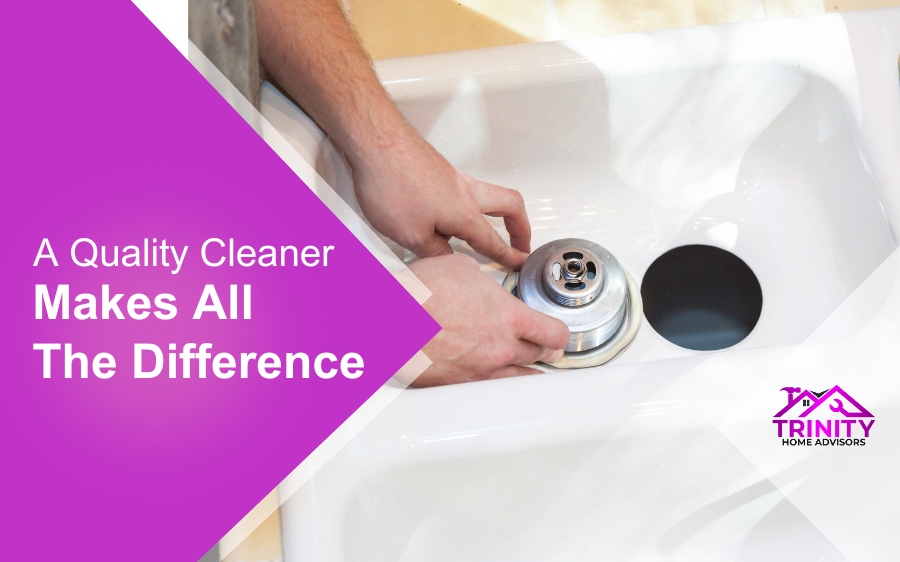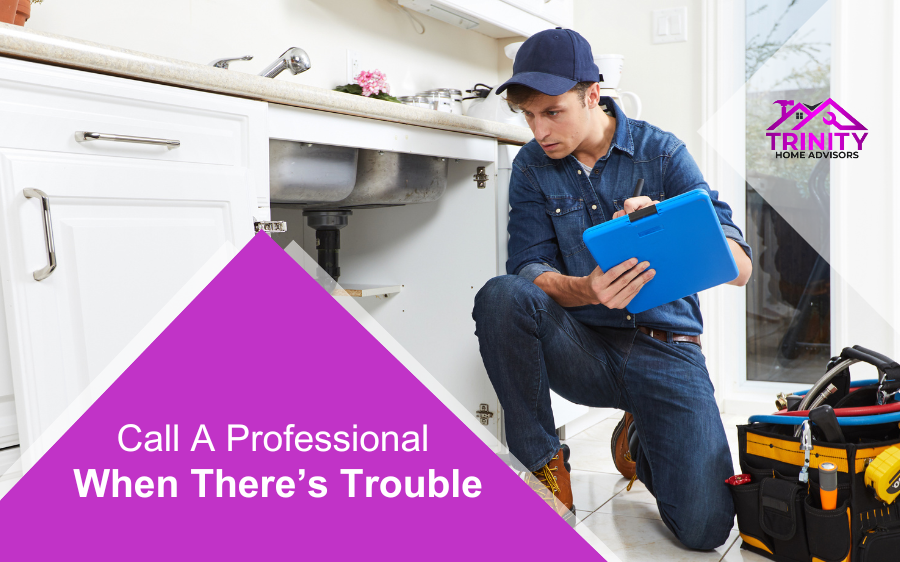Why Homeowner Insurance Is Crucial for Protecting Your Home

When it comes to protecting your home, homeowner insurance is one of the most important things to consider. Not only is it required by many lenders, but it also provides financial protection against property damages or losses that can occur due to natural disasters, theft, or accidents. We’ll discuss why this type of insurance is so crucial for keeping your home safe.
What Does Homeowner Insurance Cover?

Homeowner insurance typically covers a variety of different things. It can provide protection against major events like fires and floods as well as more common occurrences such as burglary or vandalism. Generally speaking, homeowner insurance should cover the following items: damage to the structure of your home (including roofs), loss of personal possessions/items due to theft or fire, medical care for someone injured on your property, and liability coverage in case you’re held responsible for another person’s injuries/damages on your premises.
What Are The Benefits Of Homeowner Insurance?

There are many benefits associated with having proper homeowner insurance coverage – especially if something goes wrong. First and foremost, it gives you peace of mind knowing that, if the worst does happen, you will have some financial recourse via an insurance payout. Additionally, insurers may also help cover repair costs if necessary – something that could be invaluable if your budget is limited! Finally, certain policies even guarantee additional living expenses in certain situations (such as when natural disasters force people out of their homes). This could be very helpful in difficult times!
How Much Does Homeowner Insurance Cost?

The cost of homeowner insurance varies depending on a number of factors, such as location and size/type of house. Generally speaking, though, policies tend to start at around $300-$400 per year. However, premiums can increase significantly according to the level of coverage chosen. Certain features, such as flood protection, might require an extra fee. Make sure to look into all options carefully before signing up!
Homeowner insurance is an essential part of protecting yourself from potential financial hardship due to any unexpected events relating to your home. Not only does it provide peace of mind knowing that you have a safety net in case anything does happen but it also ensures there will be some kind of support behind you should any issues arise in the future. Understanding what’s covered under each policy – along with its associated costs – is an important step in making sure you have adequate protection when the time comes. If you have any questions about homeowner insurance, you can always give the pros at Trinity Home Advisors a call to find out more! We’ll help you research accordingly before finding a plan that works best for you!




